Anyone has the right to access and obtain copies of a public entity’s records, regardless of where they live.
A request must reasonably identify specific records. The request can be made by any available medium – such as phone, email, mail – or in person, and does not have to be in writing.
- A request for information is not a request for a record.
When a public entity receives a request for records, it must respond within a reasonable time, either by providing the records or by citing the legal authority for denying the request.
- What is “reasonable” depends on many factors, including the amount and type of records you requested.
If asked, the entity must put a denial in writing. A public entity can charge for providing records, and may require payment of any estimated charges before fulfilling an open record request.
- A public entity has no obligation to respond to requests for information or to questions about its duties and functions, to explain its decisions or the content of any of its records, to create or compile records, or to convert existing records to another format.
- The courts are not subject to the open records laws. Certain records of the state’s legislature are not subject to disclosure.
Find more detailed information in the Open Records Guide.



